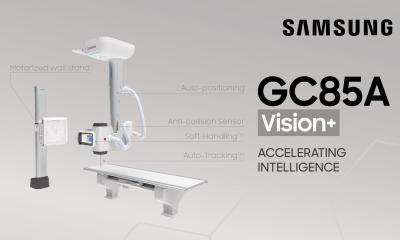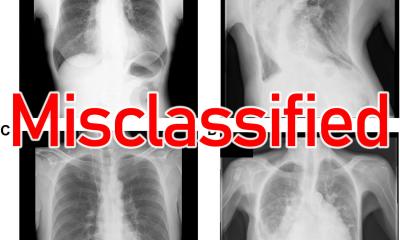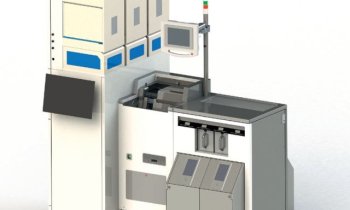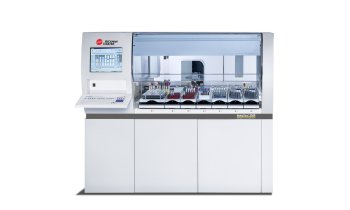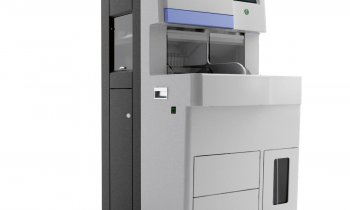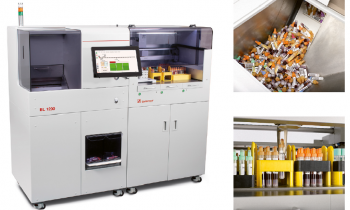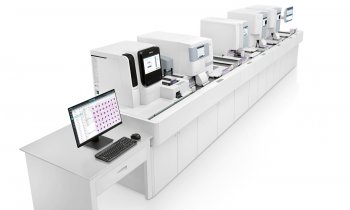Lab automation
Flexibility is a key to success
The Netherlands - Automating a laboratory is a very individual process with varying demands and needs. In most cases, the new systems have to be matched with existing instrumentation.

Thus an intensive exchange between experts and industry is the first step towards the successful installation of automated systems. In March, during the Amsterdam Clinical Automation Conference, organised jointly by the American Association for Clinical Chemistry (AACC), the Association for Clinical Biochemistry (ACB) and the Netherlands Society for Clinical Chemistry and Laboratory Medicine (NVKC) held in The Netherlands, AACC President Larry A Broussard spoke with European Hospital representative, Gabriela Eriksen about the importance of such events for hospitals and companies
The primary goal of the conference, Larry Broussard explained, was to provide participants, such as hospital administrators, laboratory managers and staff, with enough information to make an intelligent decision regarding lab automation. ‘That sounds quite straight-forward, but in view of the role the lab plays within hospital organisation, it still is difficult to transfer the right information to the right people. Although the lab provides 70-80% of data used by physicians to make diagnoses, we are seen as the black box of the hospital that produces information by performing tests. There is the perception that these tests can be performed by just anyone if they use the right instruments. However, we are well trained professionals who serve as laboratory directors as well as clinical consultants who help physicians to interpret test results.’
When talking about automating the lab, the ultimate decision makers are often not aware of some of the issues connected with this work, he pointed out. ‘If you are going to automate the sample handling, it has to be compatible with the instrumentation that runs the samples. For example, there may be certain instruments and/or specific tests that do not have the accuracy and precision that laboratory professionals consider necessary to produce consistently accurate results. In a nutshell: If you don’t want to purchase automated equipment, that forces you to compromise the quality of the test results and therefore that of the diagnoses; much information and interaction is necessary. The decision makers have to meet the lab experts, who need to meet the industry and vice versa. That’s why these conferences are so important.
At the conference he observed a need for flexibility; due to new techniques for new tests, the lab is growing continuously, he pointed out. ‘To benefit from an innovation, a primary laboratory requirement is the possibility to integrate new technologies into the current systems. The companies that provide the system must address that aspect.
‘Another important topic is logistics, especially sample handling and the proper identification of samples. If we look at laboratory errors, they tend to occur most often in pre-analytical stages, which means sample collecting and handling prior to performing the analysis itself or, in the post-analytical stages, the handling of the results after analysis. So, one of the primary focuses of the laboratory community is to reduce errors in sample or patient identification, for example with RFID solutions,’ he emphasised.
Conferences are very effective in finding solutions for such problems, he explained, because they are international and can compare situations worldwide: they may be different countries, but much the same problems occur. ‘In some cases we can all learn from each other, because there are some regulations in the USA, or some instrumentation and testing options that are first introduced in Europe, or the other way round and we can share the experiences.’
30.04.2008



